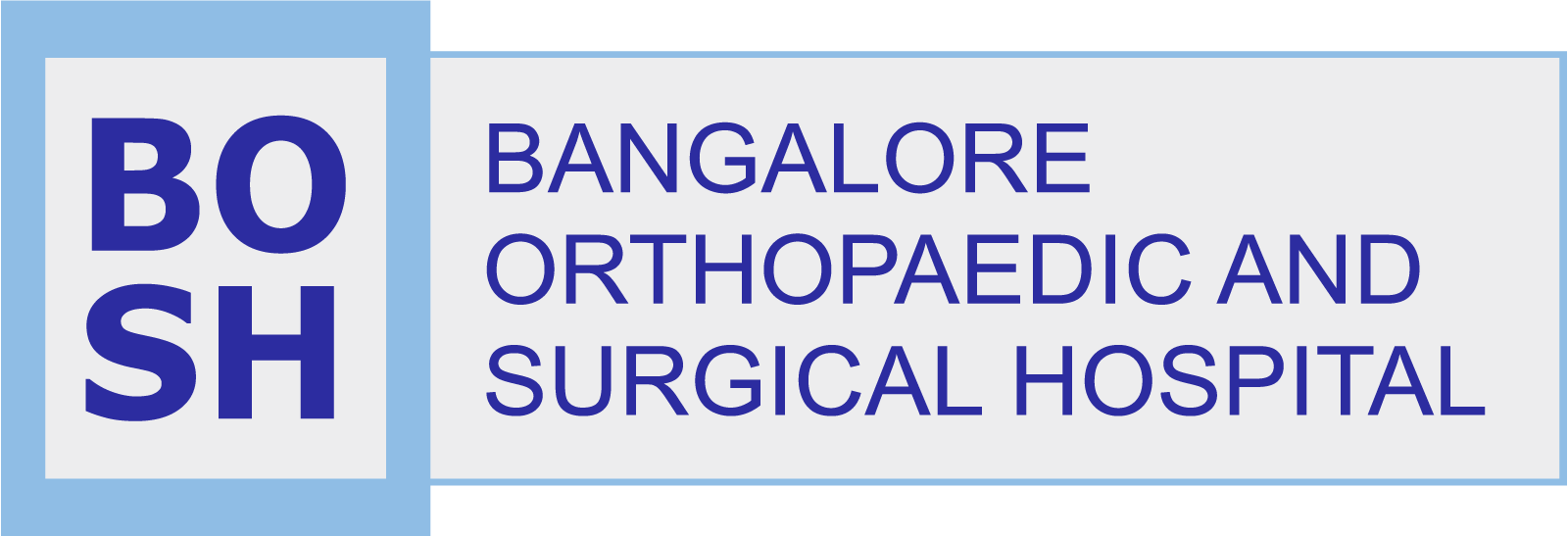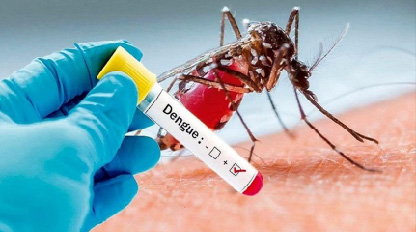Introduction
Dengue, a mosquito-borne viral illness, has been a significant health concern in many parts of the world, including regions served by Bosh Hospital. Timely recognition of dengue symptoms is crucial for early diagnosis and effective treatment. In this informative blog post, we will delve into the various symptoms of dengue, helping you stay informed and take proactive steps toward your health. At Bosh Hospital, we are committed to providing comprehensive treatment for dengue and supporting you on your path to recovery.
What You Need to Know Dengue
Dengue fever is caused by the dengue virus, which is primarily transmitted to humans through the bite of infected Aedes mosquitoes. While dengue is common in tropical and subtropical regions, its reach extends to various parts of the world due to global travel and changing climate conditions.
Common Dengue Symptoms
Sudden High Fever: Dengue often begins with a sudden, high-grade fever that can last from 2 to 7 days. This fever is usually accompanied by chills and severe headache.
Severe Joint and Muscle Pain: The illness is also known as “breakbone fever” because it can cause excruciating joint and muscle pain. This pain has been described as feeling like bones are breaking.
Skin Rash: A rash may appear a few days after the fever starts. It typically begins on the face and then spreads to the arms, legs, and the rest of the body. The rash is usually accompanied by itching.
Mild Bleeding: Dengue can lead to mild bleeding, such as nosebleeds, gum bleeding, or easy bruising. In some cases, more severe bleeding can occur.
Abdominal Pain and Vomiting: Patients may experience abdominal pain and persistent vomiting. This can be a sign of severe dengue, known as dengue hemorrhagic fever, which requires immediate medical attention.
Fatigue and Weakness: After the fever subsides, patients often feel extreme fatigue and weakness that can last for weeks.
Recognizing Severe Dengue Symptoms
While most dengue cases are mild and can be managed with proper care, some individuals may develop severe dengue, which can be life-threatening. If you experience any of the following symptoms, seek immediate medical attention:
- Severe abdominal pain or persistent vomiting
- Bleeding from the nose or gums
- Vomiting blood
- Rapid breathing
- Fatigue or restlessness
- Fluid accumulation in the abdomen
- Difficulty breathing
Conclusion
Dengue is a serious illness, but early recognition of its symptoms can make a significant difference in treatment outcomes. If you or a loved one experiences dengue symptoms, don’t delay seeking medical attention. At Bosh Hospital, we are dedicated to providing expert care and support for dengue patients. Our experienced medical team is here to ensure that you receive the best treatment and care during your recovery journey.
At Bosh Hospital, your health is our top priority. We specialize in the treatment of dengue and are equipped to provide comprehensive care for patients with this mosquito-borne illness. Our experienced healthcare professionals are here to guide you through your dengue recovery, ensuring a safe and effective healing process. If you or someone you know is experiencing dengue symptoms, do not hesitate to reach out to us. Your well-being matters, and we are here to support you every step of the way.


